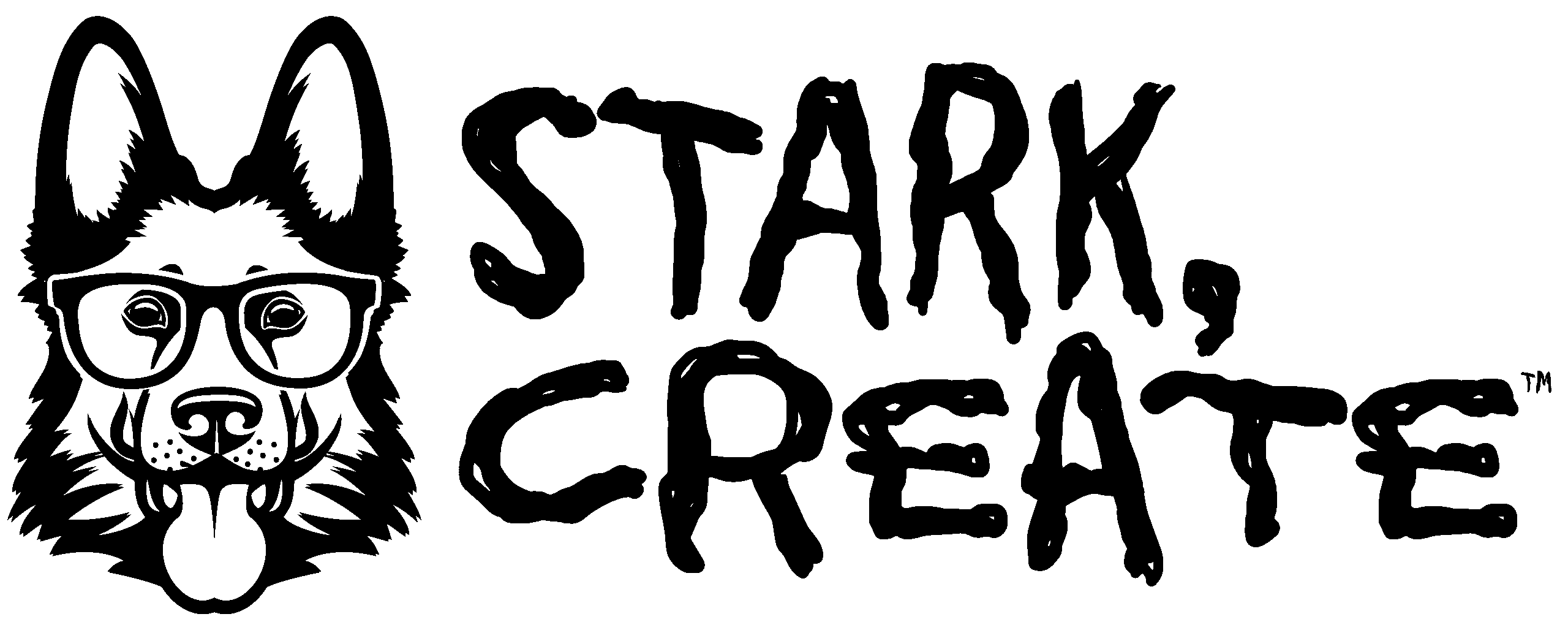Beyond Google: How to Get Your Business Found in the Age of AI Search


You’ve worked hard to master SEO for Google, but the search game is changing.
As millions of people turn to AI chatbots like Gemini and ChatGPT for answers, a new field is emerging: Generative Engine Optimization (GEO).
Don’t worry—it’s not about learning a whole new set of rules, but about adapting your strategy for the future of search.
The Search Game is Changing.
Before we delve into the new world of GEO, it’s essential to have a solid understanding of the fundamentals. This entire strategy is an evolution of the principles of good SEO, and if you ever need a refresher on the basics, our complete guide on the topic is the perfect place to start. ➝ https://starkcreate.com/articles/seo-basics
How AI Search is Different (And Why It Matters)
For years, the goal has been to rank on Google. A user searches, Google provides a list of links, and they click to find their answer. Think of it like a librarian pointing you to the right section of the library.
AI search is different. It acts more like a research assistant. It scours the web, reads multiple sources, and then synthesizes that information to provide a single, direct answer. Your new goal is not just to be on the list; it’s to have your content be so good that the AI assistant uses it to form that answer.
The New Golden Rule: E-E-A-T is Everything
So, how do you become a trusted source for AI? The answer lies in a concept Google already loves: E-E-A-T.
- Experience: You have real-world, first-hand experience with the topic.
- Expertise: You have a high level of knowledge and skill in your field.
- Authoritativeness: Other experts and sites recognize and reference you.
- Trustworthiness: Your information is accurate, honest, and reliable.
Essentially, AI is being trained to find the most human and reliable content on the web. The more you can prove your credibility through your content, the more AI will trust you as a source.
Three Practical Ways to Optimize for AI Search
You don’t need to be a tech wizard to optimize for GEO. It comes down to creating clear, high-quality content that is genuinely helpful and informative.
1. Answer Questions Directly
People use AI to ask questions, so your content should provide clear answers. This means writing in a natural, conversational way.
- Instead of a vague heading like: “Our Marketing Services”
- Try a direct question that your ideal client would ask: “What Marketing Services Do You Offer for Small Businesses?”
A dedicated FAQ page on your site is a goldmine for AI, as it’s literally a list of direct answers to specific questions.
2. Become a Citable Source
AI assistants build trust by citing their sources. You want to be that source. The best way to be cited is to provide information that is unique and authoritative.
- Instead of generic advice like: “It’s important to post consistently on social media.”
- Try offering a unique viewpoint or data: “Our data shows brands posting consistently see a 25% higher engagement rate in the first three months.”
Create the clearest definition of a key term in your industry or share a case study with real results. This makes your content a primary source, not just another echo.
3. Structure Your Content for Clarity
A well-organized page is easy for everyone to understand, including AI. Use clear headings, subheadings, and lists to create a logical roadmap of your content.
- Instead of a dense paragraph like: “Our process includes a discovery phase, followed by wire framing and design mockups, and then we move into development and finally user testing before launch.”
- Try a structured list that’s easy to scan:
Step 1: Discovery & Strategy
Step 2: Wire Framing & Design
Step 3: Development & Testing
Step 4: Launch & Support
Pro Tip: Some SEO plugins, such as Yoast, are now releasing AI-specific features that analyze how well your content will perform in AI-driven search results. While these tools are not a substitute for strong, human-centered content, they can act as a second set of eyes to ensure your pages are clear, structured, and ready for the future of search.
Our Final Thoughts
Optimizing for AI search isn’t about gaming a new algorithm; it’s about proving you’re the most trustworthy and helpful answer on the web. The businesses that will succeed in this new era are those that focus on genuine expertise and provide clear, useful content. By putting your audience first, you’re not just optimizing for AI—you’re building a brand that’s ready for whatever comes next.

